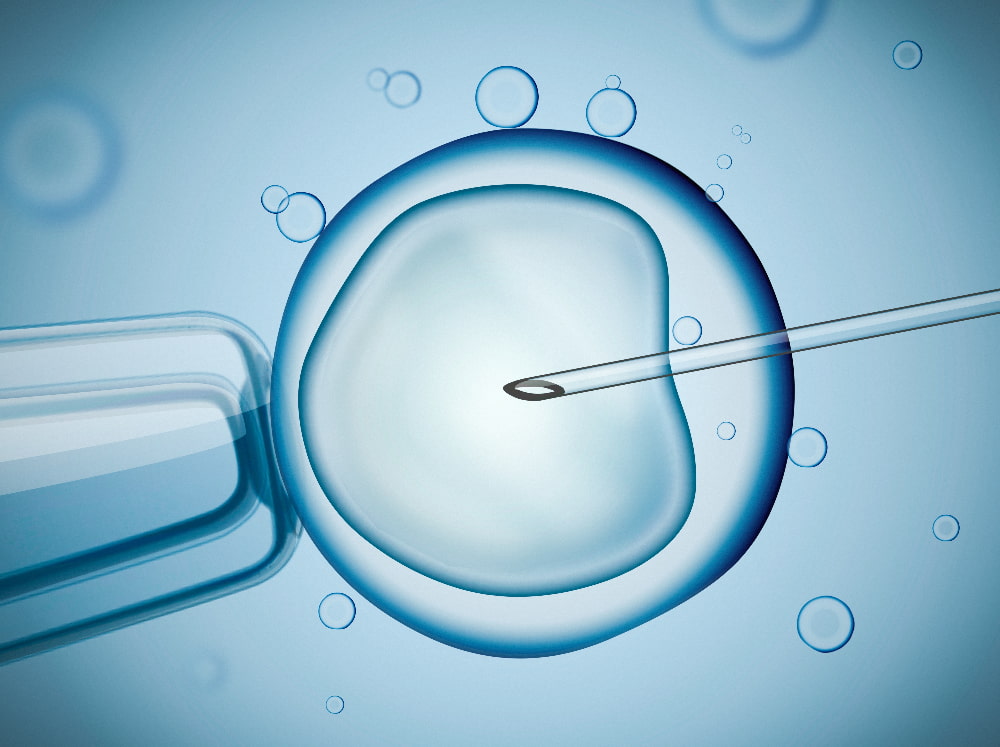
There are various treatments that can help couples who are failing to conceive naturally. IVF and ICSI are the assisted reproductive treatments (ART) used most often at the V-Fertility Center at Vejthani Hospital in Thailand.
In-vitro fertilization (IVF) was first performed successfully more than two decades ago. This groundbreaking procedure accomplished conception for the first time outside a woman’s body. Since then, IVF and ICSI have grown to become the most requested procedures for hopeful parents who haven’t been successful at conceiving naturally.
IVF is included in a variety of treatments that treat infertility. ICSI, Gift, PGD, IUI, ZIFT, Biopsy, and Blastocyst are some of the other treatments that have been developed to help couples conceive. All of these treatments are offered at the V-Fertility Center at Vejthani Hospital.
IVF and ICSI are generally considered to be the last resort. A couple must fail to conceive naturally repeatedly before they turn to medical science for help. Some of the treatments are expensive, and while they may help boost a couple’s chances of conceiving greatly, there’s no guarantee they will succeed. Nature is ultimately in charge of the process. But the younger a woman is, the better her chances are. We’ll explain what IVF and ICSI are and how doctors perform them.
Intracytoplasmic Sperm Injection (ICSI)
ICSI is another method of performing IVF. In traditional IVF, 50,000 or more active sperm are placed next to an egg in a laboratory dish. When a single sperm enters the cytoplasm of the egg, fertilization occurs.
ICSI takes a more direct approach. The doctor uses a tiny needle called a micropipette to isolate a single sperm and inject it into the center of the egg. The egg is allowed to grow in the lab for 1 to 5 days while being monitored. When the new embryo has developed enough to be viable, it’s transferred into the woman’s uterus to grow.
In-vitro Fertilization
There are five steps involved in traditional IVF. The procedure starts with fertility drugs composed of hormones that are injected into the woman. These drugs stimulate the ovaries to start producing eggs.
When the eggs are mature, the woman is placed under light sedation, and the eggs are retrieved. The preferred method of egg retrieval is transvaginal ultrasound aspiration. An ultrasound probe is inserted into the vagina to identify the follicles holding the eggs. A thin needle attached to a suction device is inserted into the follicles to retrieve the eggs. If the ovaries aren’t accessible via transvaginal ultrasound, abdominal ultrasound is used as a visual guide. The retrieval process usually takes about 20 minutes. After egg retrieval, the patient may experience cramping and a feeling of pressure or fullness.
The eggs are transferred to an incubator containing a nutritive liquid culture medium. Eggs that appear mature and healthy will be mixed with sperm in an attempt to fertilize them. This is the point where ICSI becomes a fertilization option. The fertilized eggs are then monitored for signs of developing into an embryo for up to 5 days.
If the fertilization process is successful and a number of embryos start to develop, one or two of the embryos will be transferred into the woman’s uterus. The rest of the embryos can be frozen for later use if the current procedure is unsuccessful. This is also the stage where preimplantation genetic testing occurs. A small sample of the embryo is removed and tested for the correct number of chromosomes, and specific genetic diseases. Preimplantation testing reduces the risk of a parent passing a known genetic disease to their child.
If the embryo transfer is successful, the embryo will implant itself in the lining of the uterus about 6 to 10 days after egg retrieval. About 10 days after implantation, you can take a pregnancy test to find out if the procedure was successful. If you are pregnant, your doctor will refer you to an obstetrician for prenatal care. If you’re not pregnant, you’ll be taken off your prescribed dose of progesterone and will likely get your period within a week. Your doctor might have a consultation with you to find out whether you want to try another round of IVF and discuss some steps that might improve your chances next time.

IVF and ICSI Improve Your Chances of Conception
The V-Fertility Center at Vejthani Hospital provides both IVF and ICSI treatments to improve a couple’s chances of conceiving a child. If you’ve been having trouble starting a family, make an appointment at the V-Fertility Center for an examination and a consultation. Find out all the options available for your specific case and learn more about undergoing IVF and ICSI.

The team of specialists in obstetrics and gynecology and reproductive medicine





No Comments
Sorry, the comment form is closed at this time.